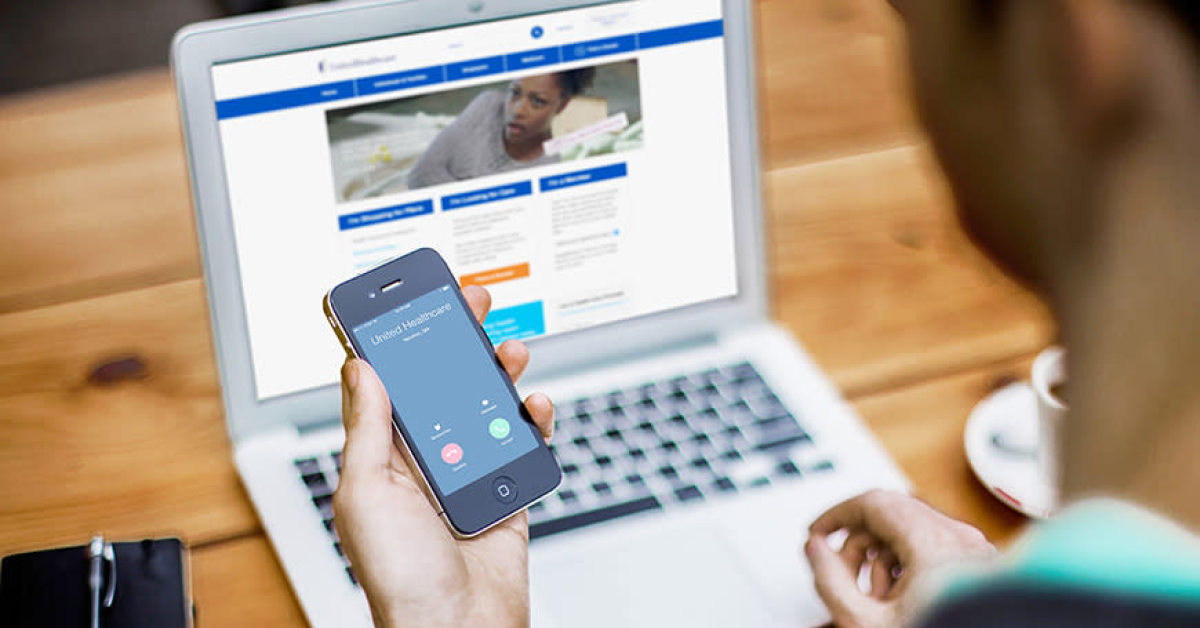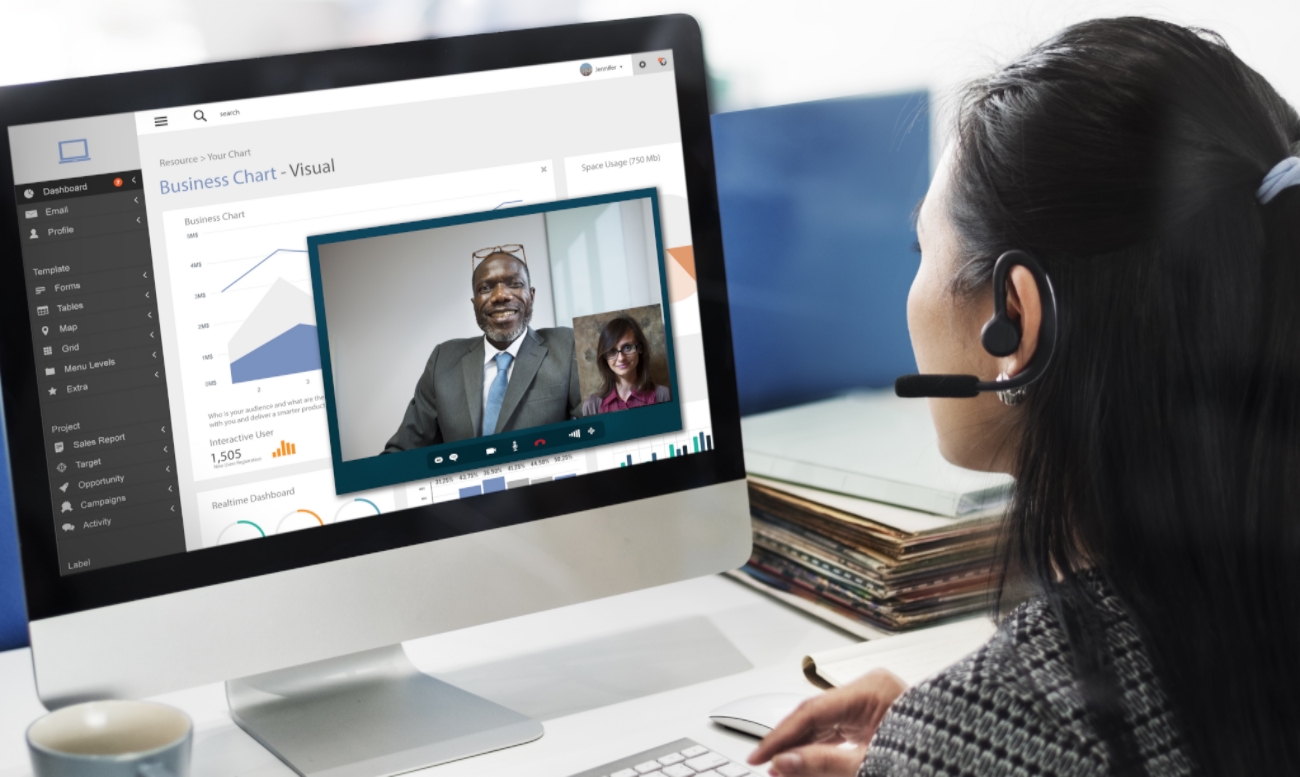Challenge
UnitedHealthcare: Advocate4Me

PROJECT
CLIENT
SERVICE
- Strategy
INDUSTRY
- Life Sciences & Healthcare
UHC wanted to help members quickly resolve their medical issues so they could focus on what mattered most: their health and their family.
In an economy where Amazon packages deliver same-day and Uber drivers arrive within minutes, calling customer service can feel tedious and impersonal. The generic hold music and seemingly endless string of transfers are all the more frustrating when dealing with an issue as critical as one’s healthcare.
The nation’s largest health carrier, UnitedHealthcare, recognized the need to be more customer-centric. When we started working with UHC, the Affordable Care Act was imminent, and the organization was ready to define a future-forward vision for their ideal service experience. They wanted to help members quickly resolve their medical issues so they could focus on what mattered most: their health and their family.
Solution
Building on in-depth consumer research, we balanced smart data analytics and personalized interactions to redesign the UHC call center experience. Our vision manifested as detailed experience guidelines ready for implementation, which enabled UHC to make rapid changes to their call center operations, and in the process improve the member experience.
By retraining agents in what UHC calls the “Compassion Code,” agents’ efforts were refocused to take on the responsibility of resolving problems for members rather than completing tasks as quickly as possible. Agents are supported by a robust IT and IVR system that profiles incoming callers and routes them to the resource best suited to address their most critical health issue.
Agents can also access a readable summary of the caller’s data profile. This empowers agents to advise members about available clinical programs and resources—whether it’s to quit smoking or support a child with diabetes. All calls conclude with prompt and transparent follow-up via text message or email, a fundamental “delight factor” that builds long-term trust.
Finally, by reducing the outbound calls that members didn’t want (or respond to) and shifting effort towards members’ issues when they called, UHC flipped the call center model on its head to reduce wasted effort and provide a better member experience.
Advocate4Me has resulted in overall customer satisfaction exceeding 96%, with over 95% ranking their level of trust in their service as “high.”
Results
In April 2015, UnitedHealthcare launched Advocate4Me, a new call center model that provides customers with enhanced service and care. Currently servicing 24 million people, Advocate4Me has resulted in overall customer satisfaction exceeding 96%, with over 95% ranking their level of trust in their service as “high.” The company also reports that 30% of its wellness program participants come from Advocate4Me recommendations.
Rebecca Madsen, UnitedHealthcare’s Chief Consumer Officer, noted the impact of Continuum’s work on Advocate4Me for both consumers and agents:

"Our engagement in clinical programs and overall satisfaction have improved because members are having an experience when they call in, not just a transaction.
The call center agents value the fact that we've put tools and processes in place to enable them to be successful in their jobs. Being able to help people and solve problems make the day-to-day work more fulfilling."
Rebecca Madsen
Chief Consumer Officer, UnitedHealthcare





